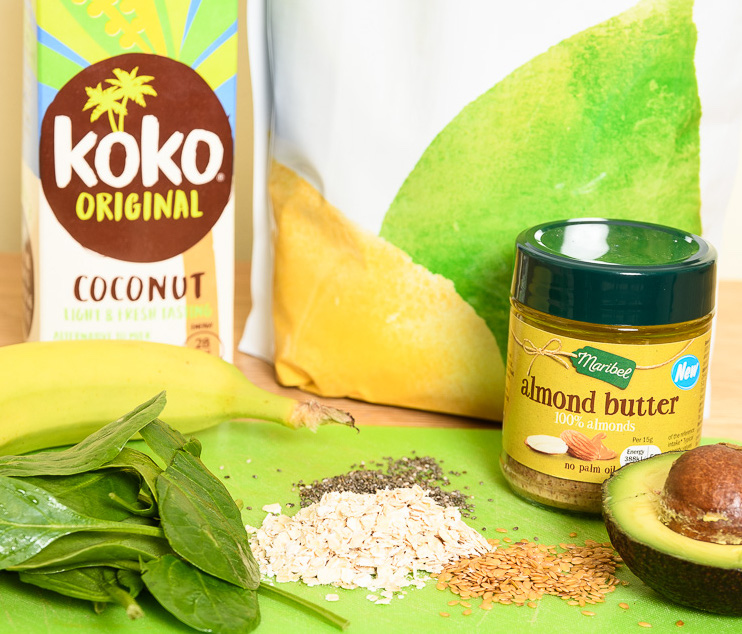The Gut
You may or may not know what the gut is and what it does. In case you do not, it processes our fuel – food – from the time it is first eaten, as it is absorbed by the body or to point the waste is passed out in form of stool, faeces or the most commonly known name, poo. Yes, in this article, we will discuss poo and parts of the body you may find embarrassing or humorous in a fun child-like way!
The gut begins at the mouth and goes all the way through to the anus. It is one big tube with a balloon in the middle which is our stomach. The tube that runs all the way through us is lined with trillions of bacteria from the top to the bottom (excusing the pun!) and there are more bacteria throughout it than in all of the cells in our body combined. Did you know, we are 95% bacteria and 5% human!
Those bacteria affect our whole health and wellbeing and if they are out of balance, we as individuals are out of balance. This includes our skin health, nervous system, endocrine system (our hormone production), cell turnover, cardiovascular system, gastrointestinal system and DNA….it really does affect everything!
For us to be in optimum health, we should be aiming to have as much variety of bacteria as possible in the form of a varied diet. This is why I always recommend my clients eat as many different coloured foods as possible; this means there will be a variety of different fibre to feed the diverse bacteria and also added protein and other nutrients to support the body and immune system.
The bacteria have lots of different roles to play, and each one is important in keeping the body balanced, healthy and strong. They help us to absorb, digest and break down our food, make vitamins for us and produce hormones, 90% of which are produced in the gut. It also produces serotonin, more commonly known as the happy hormone, and our immune system. This is how vital it is in how we feel and protect ourselves. Our health and the quality of our life depends on the amount and variety of bacteria we have. The more varieties we have, the healthier we are.
This brings us back to the importance of what we put into our bodies. Processed foods, antibiotics, medications and other lifestyle choices like alcohol or taking drugs or constantly being on screens (phone, tablet and the like) can lead to issues like SIBO (small intestinal bacteria overgrowth). These problems can be caused by different issues like not breaking down hormones and excreting them from the body, too little or too much stomach acid being produced, not absorbing food like fats properly and not digesting the food being eaten to name a few. This is because the gut wall is weakened and toxins flow through the wall lining, which leads to good and bad bacteria being out of balance and quite often having fewer varieties, affecting the health and balance of the body and mind.
Some of the symptoms you may see are:
- Fatigue & Exhaustion
- Digestive issues like bloating and constipation
- Brain Fog
- Menstrual changes in women
- Skin complaints and rashes
- Anxiety and depression
- Sleep issues
- Weight gain
- Lack of concentration
So, how do you turn this around and heal the gut?
Eat fresh fruits and vegetables, fresh meat, nuts and seeds.
Avoid processed foods, anything that is packaged or boxed. Check the ingredients; if there are more than five on the packaging; it most likely contains chemicals and toxins like sugar to help preserve the product.
Eliminate dairy, gluten and sugar. Do this for 30 days and see how your body begins to heal and the benefits and results you experience.
You should also prioritise sleep; aim to have between 7-9 hours in a dark room.
Switch off all phones, tablets, consoles and other electrical “gadgets” two hours before going to sleep at night.
If you do need to use gadgets later in the day, I would highly recommend using blue light blocking glasses to help the brain to begin to relax and wind down.
In your daily routine, include things you love to do and make time for them every single day. Even if it’s only for 10 or 15 minutes
Hydration is also key, aim to drink approximately 2 litres of water every day.
Start your day with gratitude and breathwork.
Include exercise in your day, even if it is only a 15-minute walk.
Relax before going to bed, read a book, meditate, take a bath or spend some downtime with loved ones.
The food choices we make are what feed, repair and regenerate our cell turnover. Our environment and our emotional health also play a huge role in the health of our gut too, which impacts our brain and mental health through our brain-gut connection and the messages they are sending to each other all day every day.
Contact Me
Get In Touch Anytime!

